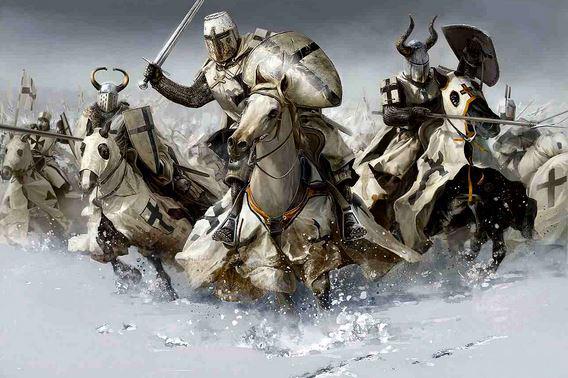The Holy Name Doctrine
by Jim Jester
October 18, 2020
Scripture Reading: I John 3:23
For many years, those in Christian Identity have felt isolated from mainstream judeo-Christianity; and indeed, we have separated from judeo churches for many good Scriptural reasons. We recognize different holy days rather than pagan holidays. We are not universal in regard to race, as they are, for we believe in the Covenant. We also have used different terms for the name of God to set us apart, most prominently, the “God of Abraham, Isaac and Jacob”. Many in our movement have also used alternate names for God, such as “Yahweh” and “Yahshua”. Some Bible translations use “Jehovah”. Some of us have not made a big deal over these names and have used them at times. Even judeo ministers have used them, along with us in C. I., of which, some have been very insistent and dogmatic about these names.
I think it is time to examine the doctrine of the Holy name.

 WARRIORS FOR THE KINGDOM
WARRIORS FOR THE KINGDOM

